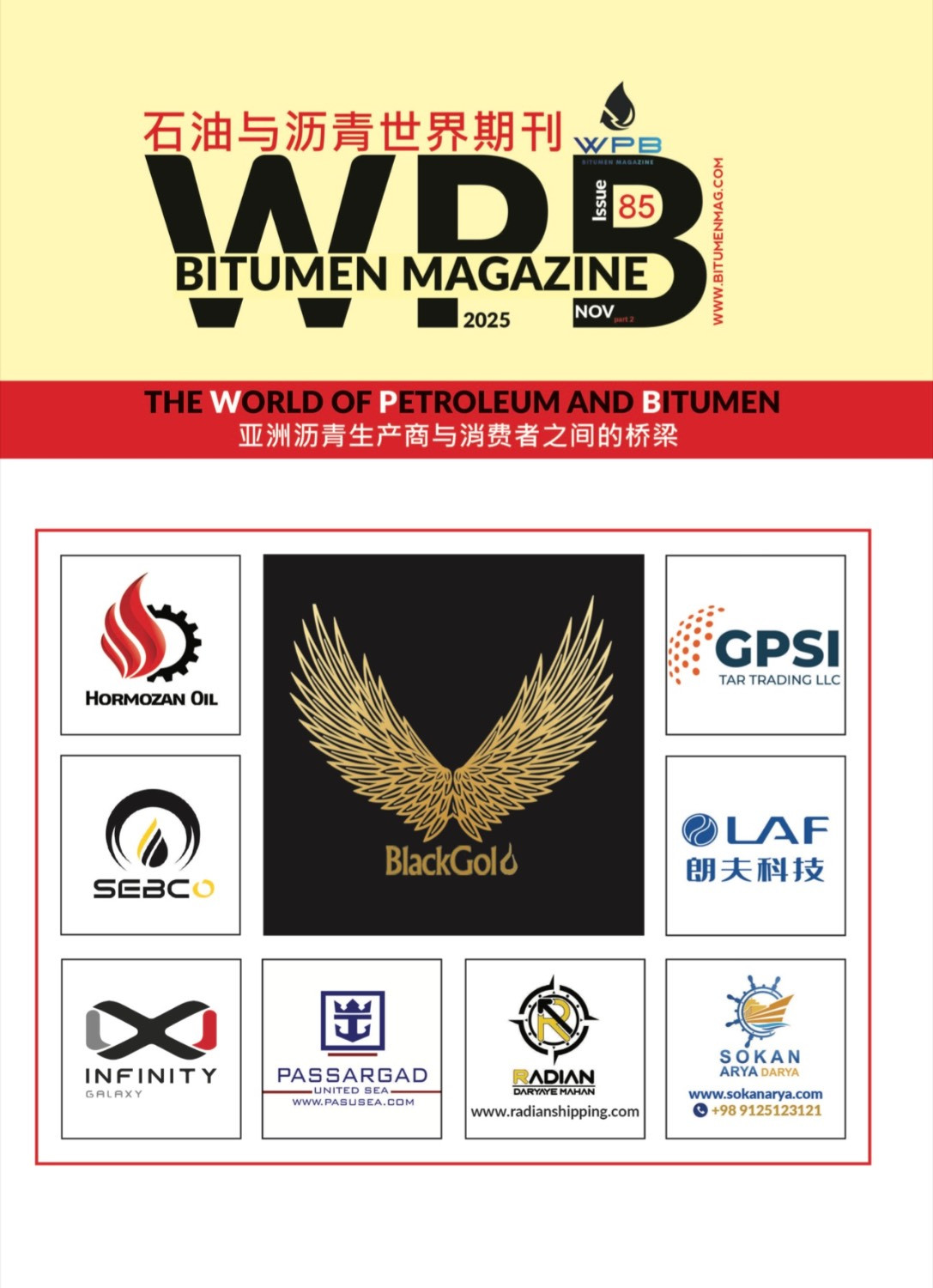According to Bitumenmag, The East African Crude Oil Pipeline (EACOP), a pipeline linking Uganda's oil reserves with Tanzania's Port of Tanga, is advancing into its final stages after decades of delays, fundraising challenges, and fierce resistance from indigenous people and green activists.
The 1,443 km long pipeline from Tanzania and Uganda will transport crude oil from TotalEnergies-owned Tilenga and Kingfisher fields and China National Offshore Oil Corporation (CNOOC) to the Indian Ocean for export. After its commencement, it will become the world's longest electrically heated crude pipeline.
Ownership of EACOP is dominated by TotalEnergings, while CNOOC, the Uganda National Oil Company, and the Tanzanian Petroleum Development Corporation also hold stakes. Despite numerous investors withdrawing in recent years due to environmental and human rights concerns, the developers have secured additional funding from local financiers to push the project forward.
Construction, which began formally in 2017, accelerated significantly in recent years and is more than half completed. Developers estimate that within twelve months, construction may be complete, although challenging terrain, with wetlands, river crossings, and ridgeline environments, still poses logistical issues
Supporters argue the pipeline will trigger economic growth, attract foreign investment, create thousands of jobs and construct supporting infrastructure such as roads, ports, and power plants. However, human rights organizations are strongly opposed to the large-scale land acquisition process that has resulted in families being evicted and affecting tens of thousands of people. The affected numbers are estimated to be significantly higher than government figures.
Environmental concerns are a central source of dispute, with climate campaigners warning the project will jeopardize biodiversity, water resources, including Lake Victoria, and global climate goals. International finance institutions have, by and large, rejected the project on such risk grounds, and demonstrations under the #StopEACOP banner have become increasingly fervent.
Though the Ugandan and Tanzanian governments are presenting the project as a cornerstone of economic development to come, opposition from civil society, environmental groups, and worldwide onlookers persists. As the production of crude oil from Uganda's major oilfields is near, EACOP finds itself at the crossroads of economic desire and ecological debate.
By WPB
Bitumen, Oil, Crude




















